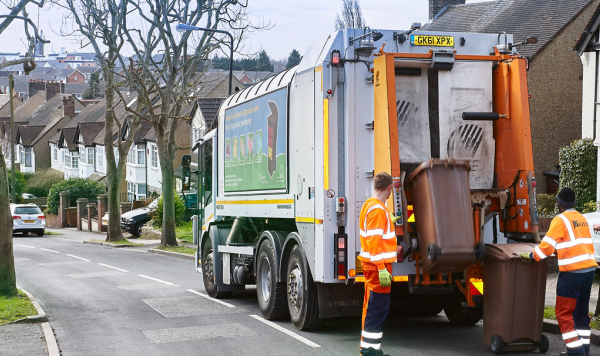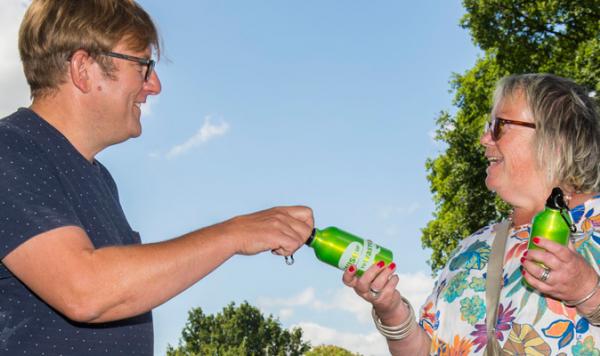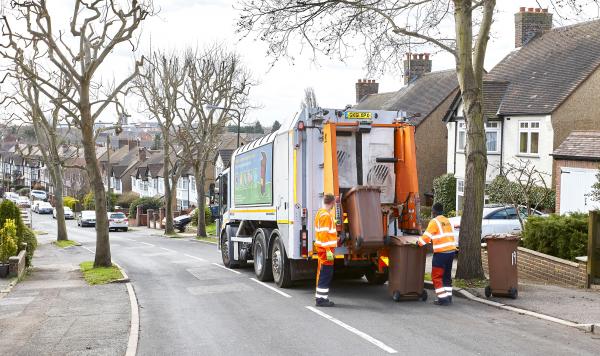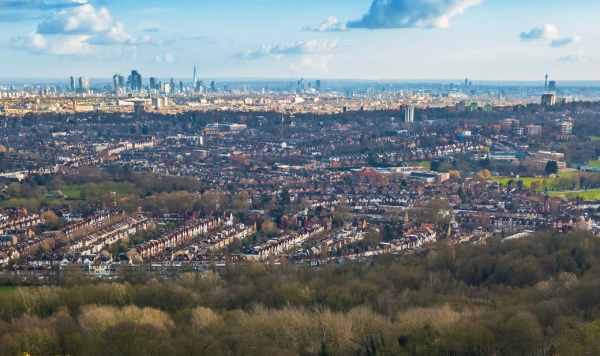Response
RE: Compostable waste policy for the Plastic Action Plan and Low Plastic Zones Initiative Thank you for your request regarding the above – I write in response as follows:
1. Your request for information
You asked if we could find a way in which LB Haringey and NLWA would be able to accept biodegradable and compostable alternatives to plastic in the recycling stream. You noted that
“Your Low Plastic Zone FAQ’s states: ‘Borough officers agreed that ‘Vegware’ type of containers should not be promoted as they cannot currently be recycled and represent a cost to businesses’. And the LBH/Veolia website states: ‘Some food is now packaged in materials that are marked as compostable, and may show the European Bioplastics logo. However, Haringey Council has not received approval to collect these materials, so please do not put any such items into your food waste box. Your food waste may not be collected if there is any packaging material in the box.’”
Following our meeting with you at the Plastic Free Crouch End meeting on 28th May, xx and I agreed to go away and look into the issue of compostable packaging, including whether we could provide you with more information. We also agreed to look into the possibility of putting a container on one of the north London Reuse and Recycling Centres to accept biodegradable and compostable packaging. Below is our response following that research.
NLWA Response
• All our separately collected food waste is now processed in anaerobic digestion (AD) facilities (not IVC). Mixed food and garden waste goes to in-vessel composting (IVC).
• Food is processed at a number of different AD plants across the south east of England (through a 'dynamic procurement contract')
• All packaging (compostable liners / Vegware / plastic bags) is separated by de-packaging machinery and disposed of mainly to energy-from waste (EfW) facilities.
• Whilst Vegware can potentially be composted in commercial IVC facilities, it is not possible to separately identify it as compostable when it is mixed in with other organic material – food or garden waste, so it potentially causes the load to be rejected due to contamination.
• For the time being Vegware should continue to be disposed of in the general waste bin. The general waste is normally disposed to EfW.
• We have investigated the potential to provide containers for Vegware at a reuse and recycling centre. Unfortunately it is not viable at present for NLWA to install separate Vegware recycling containers at the reuse and recycling centres (RRCs) in north London for several reasons:
o firstly we do not have a market for the material – the composting plants do not want containers full of Vegware – Vegware requires particular conditions for composting;
o secondly because the additional cost of transporting Vegware to a composting plant would be prohibitive; and
o thirdly we are short of space at most of the reuse and recycling centres for additional containers.
• Producers of recyclable and compostable material need to take responsibility for the products they place on the market, including pre-to-market testing of the viability of recycling and suitability for existing collection systems to easily and economically separate the products post use, for recycling and composting if they are to be marketed as ‘compostable’ or ‘recyclable’.
• In the meantime we have been advised by Vegware that trials are underway elsewhere to look into the feasibility of collecting Vegware for composting – we have asked to be updated about these. Ultimately, the best option is to reduce the amount packaging used rather than substituting one type of packaging (plastic) for another (bio-degradable or compostable packaging).
I am sorry that the answer to your questions is a negative one but Vegware’s ‘compostable’ products cannot be accommodated for composting in north London at the moment. The Vegware website states the following (with NLWA highlight) “Our catering disposables are made from plants using renewable, lower carbon, recycled or reclaimed materials, and can all be commercially composted with food waste where accepted.” If the situation changes we will of course let you know.




